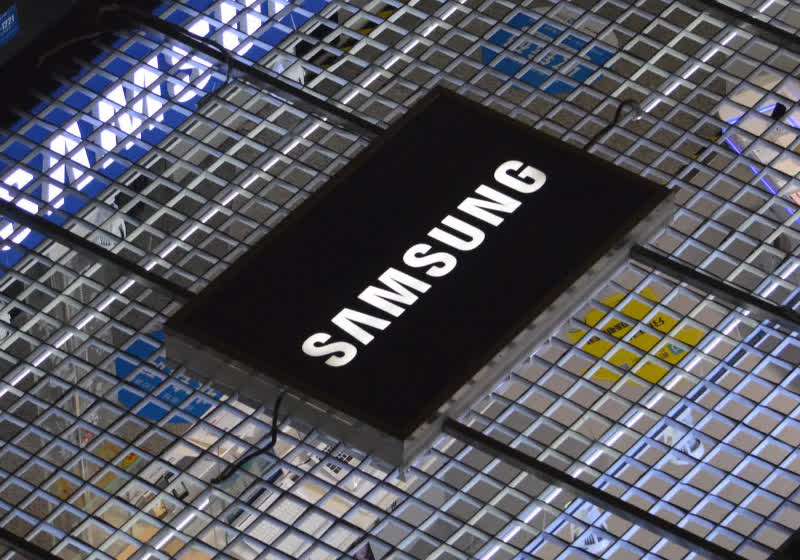Samsung Electronics' 3-nanometer (nm) process yield has reportedly surpassed that of its competitor TSMC, leading to expectations of a potential comeback for the company. A recent report by Hi Investment & Securities called 'Samsung Foundry' estimated that Samsung Electronics' 4nm process yield exceeded 75%, while the yield for their 3nm process surpassed 60%. In comparison, TSMC's 4nm yield stands at approximately 80%, indicating that Samsung Electronics has nearly caught up to its rival. The key factor contributing to this achievement is the sluggish state of the semiconductor industry, which has allowed Samsung Electronics to increase the number of test wafer inputs and improve the yield of their 7nm process.

Of particular note is the 60% yield for Samsung Electronics' 3nm process, which surpasses the yield previously achieved by TSMC. Notably, TSMC employs the N3 (3nm) process to manufacture Apple A17 and M3 chipsets, but its yield has remained at 55%.
TSMC's lower yield has led to the implementation of a unique strategy in which they charge Apple only for good chips, rather than a per-unit price per wafer ($17,000 per unit). However, TSMC plans to transition to a method of payment based on each wafer input once the yield exceeds 70%. The company aims to improve its yield by 5 percentage points each quarter, which means it may take until at least the first half of next year to achieve its goal. Consequently, it's probable that the A17 chip will only be available in the iPhone 15 Pro lineup, as securing sufficient production may prove challenging.
The continual increase in TSMC's manufacturing unit price and the desire of its major customers to diversify their suppliers as shipment volumes rise are advantages that work in favor of Samsung Electronics. Hi Investment & Securities forecasts a potential price hike of up to 30% for TSMC's Arizona plant in the US and 15% for its Kumamoto plant in Japan, aiming to maintain a target margin rate of 53%. Moreover, TSMC's 3nm process commands a price of $20,000, representing a 25% increase compared to the 5nm process.
Additionally, with the rising demand for semiconductors in artificial intelligence and autonomous driving applications, TSMC currently dominates the market supply. However, major fabless companies are exploring alternative foundries apart from TSMC. Nvidia, for instance, is said to be considering entrusting some of its AI semiconductors to Samsung Electronics. Nvidia CEO Jensen Huang emphasized the importance of supply chain stability, stating that they also produce semiconductors through Samsung Electronics and are open to the possibility of using Intel's foundry.
Samsung Electronics' preemptive introduction of the gate-all-around (GAA) process starting from 3nm is another advantage that is expected to pay off. TSMC and Intel plan to adopt the GAA process from 2nm onward, mainly due to the anticipated challenges in achieving initial yield. In contrast, Samsung Electronics can strengthen its competitive edge over time by leveraging its accumulated know-how in implementing GAA since the 3nm process.
Samsung Electronics has previously demonstrated its ability to secure major customers ahead of TSMC. In 2015, the company succeeded in entering the 14nm process earlier than TSMC, securing most of Apple's and Qualcomm's orders. However, TSMC took the lead in the ultra-fine process realm, specifically with processes below 7nm, prompting Apple to shift its orders to TSMC while engaging in legal disputes with Samsung Electronics. Consequently, market momentum shifted rapidly in favor of TSMC.
An industry insider emphasized that it took Samsung Electronics ten years to establish its leadership in memory semiconductors and that now is the time to build trust in the market.







